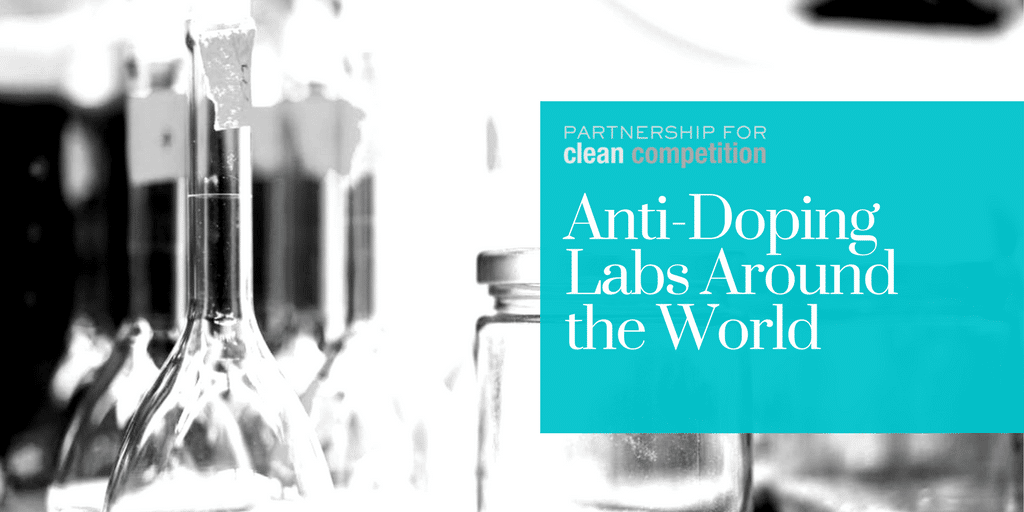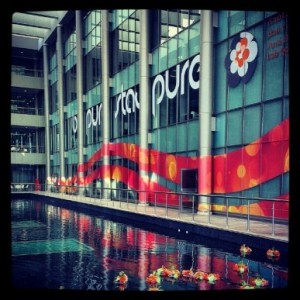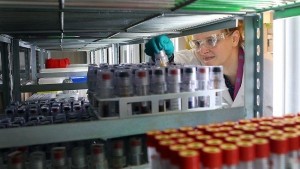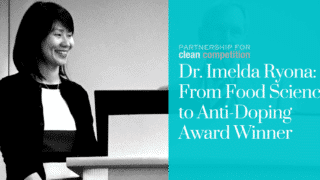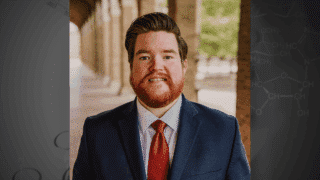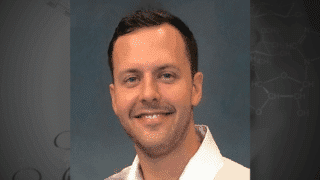Below are just a few of the labs at the forefront of the fight against doping. This list will be updated regularly.
King’s College London Drug Control Center

PCC Researchers:
- (2012-2017) “IGF-1 Working Group”
- (2013-14) “Developing a mass spectrometric method for PIIINP and other collagen bone biomarkers”
Dr. Liying Jiang – (2016) “PCC Fellowship”
Dr. Barbara Daniel – (2011) “Can genomic analysis be the answer to autologous blood transfusion detection?”
Dr. Andrew Kicman – (2010) “Detection of UDP-glucuronosyltransferase B17 inter individual variation in peripheral blood mononuclear cells: Implications for testosterone catabolism and anti-doping analysis”
About:
Run by the renowned Dr. David Cowan, the Drug Control Center at King’s College London is one of the best known anti-doping labs in the world, and the first human sports drug-testing laboratory established outside of an Olympic Games. The lab ran the anti-doping facility and procedures for the London 2012 Olympics, which included a world class satellite facility. Lab staff at the facility carry out high quality anti-doping research and analyse samples collected from athletes competing in major sporting events and training worldwide, with a specialization in the analysis of anabolic steroids for forensic purposes.
To learn more about the Drug Control Center, visit their website

Researchers:
- (2012-2017) “IGF-1 Working Group”
- (2016) “Conversion of the Hematologic Passport Testing for Use with Dried Blood Spots”
- (2016) “Administration of Clomiphene: Short and Long Term Metabolism in an Anti-Doping Setting”
- (2015) “Hematological passport using dried blood spots”
- (2015) “Intranasal delivery of testosterone and its effect on doping markers”
- (2014) “Evaluating Hepcidin as a Biomarker of Blood Doping”
- (2014) “Detecting Autologous Transfusion by Measuring Alterations in the Dynamics of Red Blood Cell Maturation and Recycling”
- (2014) “Trestolone Testing Protocol Development”
- (2014) “Detecting Marijuana and Stimulants in Oral Fluid Samples”
- (2010) “Urine Steroid Profile”
Dr. Geoff Miller: (2014) “Assessing hydration status through evaluation of albumin osmolality and lactate for the ABP”
Dr. Doug Rollins: (2009) “Longitudinal evaluation of urinary endogenous steroid concentrations in the NFL drug testing program”
About:
The Sports Medicine Research and Testing Laboratory at the University of Utah in Salt Lake City is a world-class WADA-Accredited anti-doping laboratory which features some of the broadest testing mechanisms for performance enhancing drugs available. Led by Dr. Daniel Eichner, SMRTL devotes over 10,000 SF to the blood and urine testing of athlete samples from professional sports to high school athletes. Their impressive, high-tech facility features the capacity for research and testing including those using the following techniques: immunoassay, gas chromatography mass spectrometry (GC/MS), liquid chromatography mass spectrometry (LC/MS), isotope ratio mass spectrometry (IRMS), gel electrophoresis, and bio and chemiluminescence.
To learn more about SMRTL, visit their website.

Via (UCLA Newsroom)
Researcher:
- (2012-2017) “IGF-1 Working Group”
- (2013) “Human growth hormone detection using dried blood spots with electrochemical sensing detection”
- (2009) “Establishment of IRMS 13C/12C reference intervals for improved detection of endogenous steroid use and the development of a sensitive LC/MS/MS method to detect various forms of hCG”
About:
The Olympic Lab at UCLA is the world’s largest drug testing facility that is WADA-Accredited, as well as a leader in athletic doping research. Run by Dr. Tony Butch, the lab is one of only two in the US (alongside SMRTL) providing anti-doping testing for pro sporting leagues and the Olympic Movement. Approximately 45,000 urine specimens are analyzed per year with the lab’s high tech equipment. The Olympic Lab also pioneered the transition to using liquid chromatography tandem mass spectrometry (LCMSMS) based detection methods for many steroids, an approach that was subsequently distributed to all WADA accredited laboratories.
Learn more about the Olympic Lab on their website.
Anti-Doping Lab Qatar (ADLQ)
Via (UCLA Newsroom)
PCC Researcher: Dr. Rodriguo Aguilera (2013) “Establish the Athlete Internal Metabolic Reference by the isotopic signature or isotopic fingerprint of C Values”
About: The ADlQ is a state of the art research and development laboratory located in Qatar, UAE. The features some of the most advanced equipment in the field for anti-doping detection and analysis. Facilities include a WADA-Accredited Doping Analysis Lab, Toxicology & Multipurpose Labs, a Life Sciences Research Division, and an Education & Research Office. The facility also features bed day wards for physiological, neurological, vascular and pharmacokinetic research on human participants, Clean labs, and Performance labs, and work is underway to create a fully equipped gymnasium to perform additional research and studies.
To learn more about ADLQ, visit their website.
National Measurement Institute Australia – NMI
Via (Herald Sun)
PCC Researcher:
Dr. Paul Armishaw (2015) “Production of a certified reference material to support GC-C-IRMS confirmation of adverse analytical findings for synthetic forms of endogenous anabolic androgenic steroids”
Dr. Stephen Davies (2015) “The provision of steroid metabolite CRMs and internal standards in support of the Athlete Biological Passport steroid module”
Dr. Michael Collins (2009) “Stable Isotope Analysis of Illicit Testosterone preparations”
Dr. Vanessa Agon (2009) “Analysis of labeled carbohydrates moieties of natural and recombinant peptide hormones by LC/MS/MS”
About: The NMI is responsible for maintaining units and standards of measurement, including those used for anti-doping analysis both in Australia and abroad. The NMI performs both research and analysis to realize units of measurement through the development and maintenance of standards of measurement, reference materials and reference techniques, including those used in WADA-Accredited laboratories around the world.
To learn more about NMI, visit their website.
